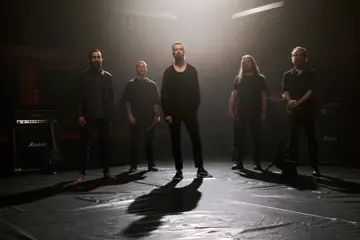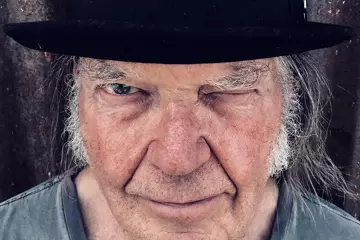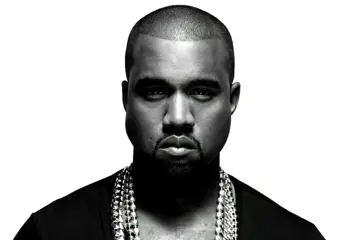Beyond The Hills is writer-director Cristian Mungiu's follow-up to 2007's acclaimed abortion drama 4 Months, 3 Weeks and 2 Days; the film that brought the Romanian new wave to the world's attention, after a flurry of interesting work produced there in prior years. As a national cinema movement, it's since been inextricably linked with a brand of ultra-realism that been feeling every bit a brand in recent years, and Mungiu's latest does little to change that impression, right from the get-go (ie, a handheld camera trained on the back of a head while walking – the neo-neo-realist equivalent of a Michael Bay explosion).
Based on a real-life exorcism case, Beyond The Hills focuses on two women of disparate faith. Alina has arrived in Moldavia to convince her old friend Voichita to leave her rural monastery and come to Germany with her. It's when Alina decides to stay with the devout Voichita that the film becomes a tragedy of conflicting faith. On a scene-by-scene basis, the film is fairly compelling – the screenplay prize it received at Cannes is understandable.
On the other hand, Mungiu has fashioned a shooting-fish-in-barrel screed at the follies of the deeply religious, so uncomplicated that it offers little more than fodder for the righteous indignation of atheist viewers (who, let's face it, comprise the intended audience for the film). Alina and Voichita seem fashioned as puppets at the service of theme rather than characters, and the monastery's priest likewise registers as less a human than a forbidding beard with a voice-track. Beyond The Hills at least builds up to a satisfying close, but the getting-there is frustratingly schematic, and pandering at worst.















